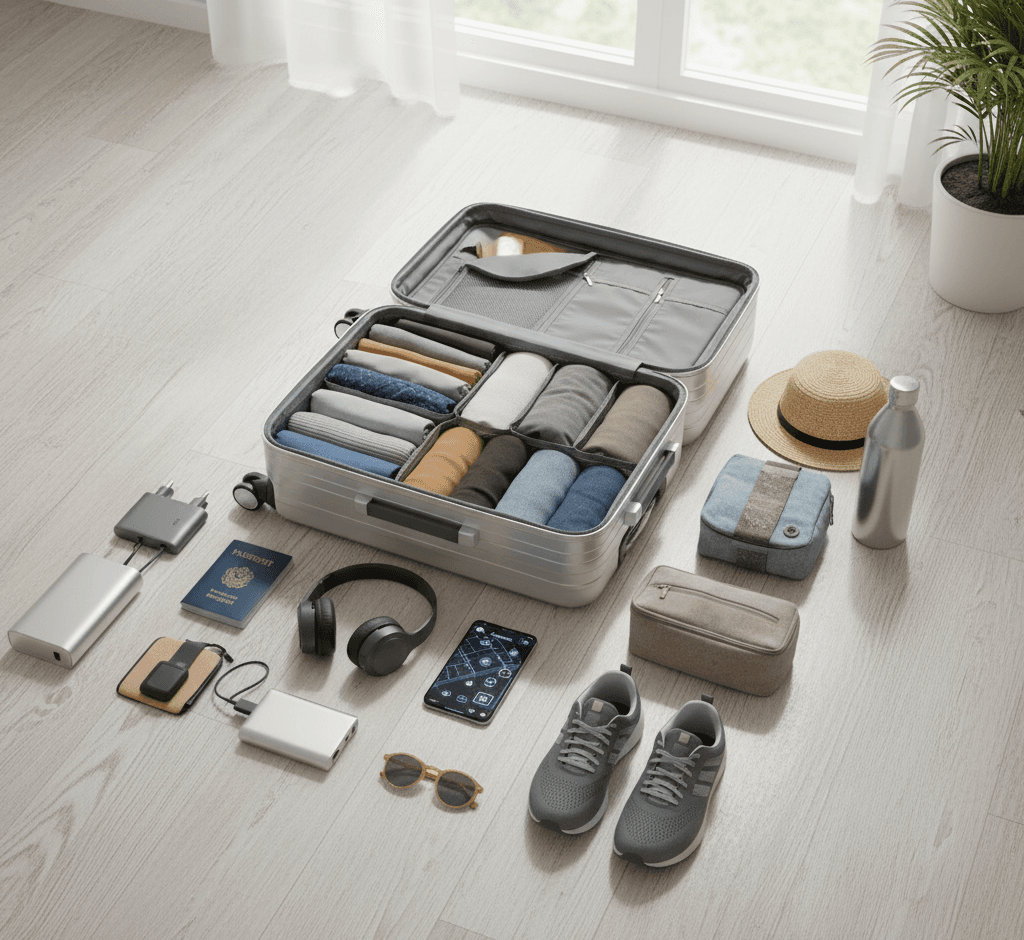Blue Light Glasses: Do They Really Work?
Productivity & Wellness

If you spend hours a day in front of a computer, phone, or TV, you’ve probably heard of blue light glasses. These glasses are marketed as a way to reduce eye strain, block harmful blue light, and even improve your sleep. But the big question remains: do they really work, or are they just a trend?
What is Blue Light?
Blue light is a type of high-energy visible (HEV) light that comes not only from screens but also from natural sunlight. While the sun is the largest source, modern life means we’re constantly surrounded by artificial blue light from smartphones, laptops, and LED lights.
The concern is that too much exposure—especially late at night—may affect our eyes and interfere with our body’s natural sleep-wake cycle.
The Claims About Blue Light Glasses
Companies that sell blue light glasses make several claims, including:
- Reduced eye strain: The idea is that lenses filter out a portion of blue light, making screen time more comfortable.
- Better sleep quality: Since blue light can trick your brain into staying awake, glasses are said to help you fall asleep faster.
- Protection from eye damage: Some suggest they may shield the eyes from long-term issues like retinal damage.
But do these claims hold up under scientific research?
What the Science Says
Research shows a mixed picture:
- Eye strain: The main culprit of screen-related discomfort is often digital eye strain, caused by staring at devices too long without breaks. Symptoms include dryness, headaches, and blurred vision. While blue light filtering might help slightly, most eye doctors recommend following the “20-20-20 rule”: every 20 minutes, look at something 20 feet away for 20 seconds.
- Sleep impact: Studies confirm that blue light can disrupt melatonin production, the hormone that regulates sleep. Blue light glasses, especially those with amber or orange-tinted lenses, may reduce this effect if used before bedtime.
- Long-term eye health: Current evidence doesn’t strongly support the idea that blue light damages the retina. Instead, experts believe lifestyle habits (like screen breaks and proper lighting) play a bigger role in keeping eyes healthy.
Are Blue Light Glasses Worth It?
For some people, blue light glasses provide relief, especially if they’re using screens late at night. Others might not notice much difference. Since they’re generally affordable, trying a pair isn’t a bad idea if you’re curious.
However, don’t expect them to be a magic fix. Regular eye exams, proper ergonomics, and healthy screen habits are still the best ways to protect your vision.
Practical Tips to Protect Your Eyes Without Glasses
Even if you don’t use blue light glasses, you can still reduce strain with simple habits:
- Adjust your screen brightness to match your surroundings.
- Increase text size to avoid squinting.
- Blink more often to keep your eyes moist.
- Follow the 20-20-20 rule.
- Limit screen time before bed for better sleep.
Up Next
Travel & Food
Travel Essentials You Must Pack in 2025: Your Ultimate Guide




